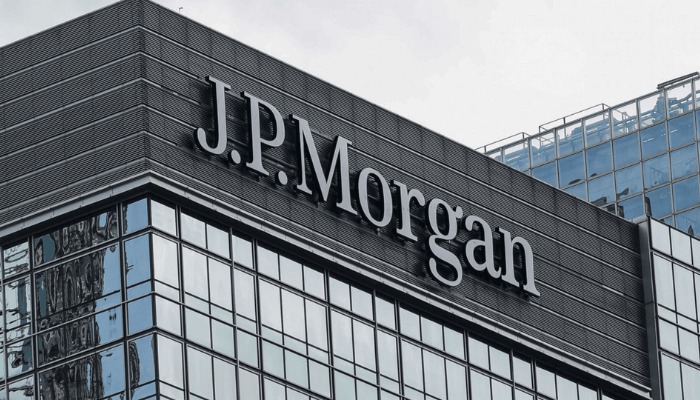Nigeria’s Pursuit of Re-entry into JPMorgan Government Bond Index for Emerging Markets
Nigeria is actively pursuing re-entry into JPMorgan’s Government Bond Index for Emerging Markets (GBI-EM), a significant development nearly a decade after its removal due to concerns about foreign exchange (FX) transparency and market liquidity. This renewed effort signifies a crucial step towards regaining international investor confidence and attracting substantial foreign portfolio investments. The Director-General of the Debt Management Office (DMO), Patience Oniha, announced the formal discussions with JPMorgan during the Nigerian Investor Forum held alongside the International Monetary Fund and World Bank Spring Meetings in Washington DC. This engagement underscores Nigeria’s commitment to addressing past shortcomings and demonstrating its reformed economic landscape.
Nigeria’s previous inclusion in the GBI-EM index in 2012 marked a period of increased global visibility and investor interest. However, allegations of insufficient liquidity and opaque FX pricing led to the country being placed on a negative index watch and ultimately removed in September 2015. This removal not only impacted investor sentiment but also restricted access to crucial international capital inflows. The recent drive to rejoin the index is a clear indication of Nigeria’s determination to rectify these past issues and re-establish its credibility within the global financial community.
The impetus for this renewed effort stems from significant reforms implemented in the Nigerian FX market. The Central Bank of Nigeria (CBN) has taken decisive steps to unify multiple exchange rate windows, a practice that previously contributed to market distortions and opacity. This unification, coupled with a reduction in direct CBN interventions, aims to enhance price discovery and foster a more transparent and efficient FX market. These measures are crucial to attracting foreign investors who prioritize market stability and predictability.
The reforms have yielded positive results, with noticeable improvements in FX market dynamics and investor sentiment. The stabilization of the naira, the Nigerian currency, is a testament to the effectiveness of these reforms. Renewed investor interest in the Nigerian economy further bolsters the case for re-inclusion in the GBI-EM index. International ratings agencies, such as Fitch Ratings, have acknowledged these positive developments, upgrading Nigeria’s long-term foreign currency rating, citing improved macroeconomic indicators and investor confidence.
Re-entering the GBI-EM index holds significant implications for Nigeria’s economic prospects. The index serves as a widely tracked benchmark for institutional investors assessing the performance of sovereign bonds in emerging markets. Inclusion in the index would enhance Nigeria’s visibility among global fund managers, effectively placing it back on the radar of international investors. This increased visibility is anticipated to unlock billions of dollars in foreign portfolio investments, providing a crucial capital injection for economic growth and development.
Nigeria’s pursuit of re-inclusion in the GBI-EM index represents a strategic move to consolidate recent gains from FX market reforms and signal its economic credibility to the international investment community. The reforms undertaken demonstrate a commitment to transparency and market efficiency, addressing the key concerns that led to the country’s previous removal from the index. The positive outcomes observed thus far, including naira stabilization and renewed investor interest, support the argument for Nigeria’s re-entry. Ultimately, securing a place back in the index would signify a significant victory for Nigeria, opening doors to vital foreign investment and solidifying its position as a promising investment destination within the emerging markets landscape.


